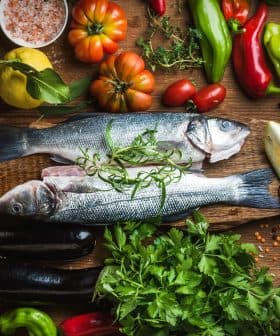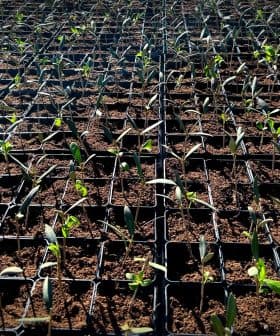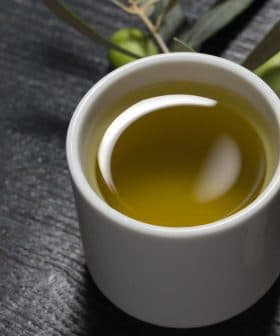Olive Council Publishes Document Archive
The International Olive Council has made its complete archive of standards and decisions from the last four decades available online, showcasing the progression in olive oil production and understanding of its characteristics. The database includes documents on topics such as olive oil categories, phenolic compounds, and advancements in the sector, reflecting the significant role played by the IOC in promoting responsible olive oil production globally.
The complete archive of every standard, method and corresponding decision adopted by the International Olive Council in the last four decades is now available online.
The IOC announced that after years of dedicated work, its standardization and research unit project has made all documents accessible on its website.
The newly-published database is divided into sections dedicated to table olive and olive oil-related standards and resolutions.
See Also:Olive Council Earmarks Funds to Promote Olive CultureThrough its newly-publicized archive of documentation, it is possible to see the considerable progression made by the IOC and olive oil producers globally in terms of improving the product and understanding the most relevant characteristics of the olive oil extraction process, storage and commercialization.
The oldest document, written only in Spanish, dates back to 1985 and was the original regulation identifying the different categories of olive oil, which has since been updated.
Another document defines “the use of IOC methods for phenolic compound determination.” It is one of the many IOC initiatives meant to study compounds that give olive oil its many health benefits and flavor profiles.
Many documents in the database are examples of the advancements and developments of the knowledge, understanding and rules governing the sector over time and the significant role played by the IOC.
The council is the world’s only intergovernmental organization focused on olive oil and table olives, which started as the International Olive Oil Council in Madrid in 1959. Over time, its functions and scope broadened, and in 2006 it became the modern IOC.
The United Nations’ International Agreement on Olive Oil and Table Olives 2015 formally gave the IOC the crucial role of determining guidelines and trade standards and serving as the world documentation and information center for the olive oil sector.
Given this role, the IOC gathers, funds and spreads olive oil research among producing countries, fosters responsible olive oil production and promotes a science-based approach to olive growing and oil making.
Today, the IOC comprises 18 members on four continents. In addition, several partner countries also follow its guidelines and are formally applying to join the intergovernmental body.









